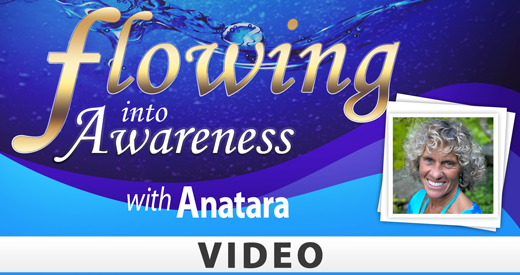Yoga for the Developmentally Challenged
[post-img]This year, October 5-11 is Mental Illness Awareness Week, with October 10 being designated World Mental Health Day. As our contribution to this important issue, YogaHub is taking a look at the various ways that yoga can and is being used to treat and enrich the lives of the mentally challenged.
Preliminary research has indicated that individuals with developmental disabilities have shown a marked improvement in IQ and social behaviour following yoga therapy. As a result, more yoga instructors are now beginning to recognize the importance of yoga in improving the quality of life for these individuals. Many yoga studios are now providing yoga classes tailored for individuals with developmental challenges. Since it is difficult to integrate developmentally disabled individuals into a standard yoga class at the neighbourhood studio, special yoga programs have been initiated specifically for them. Often consisting of simplified poses and breathing exercises, these sessions are designed to be accessible by variously challenged individuals.
[tip-fact]Among the primary effects of any yoga routine is physical stimulation of internal organs. By performing various yoga poses, biological processes are encouraged. Among such processes, blood- and oxygen-flow are especially important to brain function. Thus the poses of a yoga routine indirectly stimulate the brain and affect mental performance. For individuals with mental challenges, this kind of regular stimulation can be incredibly beneficial to their intellectual development and has been known to grant a small degree of mental stimulation and improvement.
In addition to physical stimulation of biological systems, yoga also improves mental performance through the incorporation of breathing exercises. The breath is central to yoga. Every move is made on the basis of breath. It powers your stretches and loosens your contortions, but you must focus on it. You must be attentive. Learning to habitually focus on their breathing can vastly improve concentration for the mentally challenged. Constant focus on breath throughout a yoga session gradually acquaints a person with techniques of mental concentration, making it easier to do so outside of yoga.
[b-quote]Besides providing avenues to improve their abilities, yoga practice can also have a profound influence on self-image. Often already damaged by frustration and a sense of inability, the self-esteem of people with developmental disabilities can be a monumental stumbling block. Regular yoga sessions, however, can help diminish these negative feelings. Yoga has no explicit goals. There’s no specific challenge that must be met and no one to compete against. With honest, diligent practice, nobody walks out of yoga feeling like a loser. Moreover, practicing alongside peers in a nurturing, low-pressure environment boosts confidence. With the pressure of success and performance removed, what’s left is personal, private gain. Yoga is something anyone can do, and for mentally challenged individuals, it is liberating to find this kind of acceptance and universality without the stress of performance.
But it isn’t just the attitude of yoga practice that can affect self-image. The lack of control often associated with mentally challenged people can be a source of intense frustration for them. Yoga can restore a feeling of control by focusing on and executing simple physical postures. By moving through the poses of a yoga routine, the mentally challenged can exercise some amount of will. Calmly and deliberately executing each stretch can restore a comfortable sense of control, thereby empowering oneself and boosting confidence.
Living with a mental disability is not easy, but it can be made easier. Yoga programs for the mentally challenged are great ways of assuaging some of the frustrations experienced by such individuals.
People who are classified as “disabled” are frustrated and encouraged by the very same things that everyone is affected by. While their capacities might be varied, they are no less able to fully appreciate and participate in life. Yoga can be paramount in assisting these individuals to improve and enrich the quality of their lives as they integrate with society and are recognized as essential contributors to our world community.
For more information on the benefits of yoga for individuals with developmental disabilities, check out the following websites:




